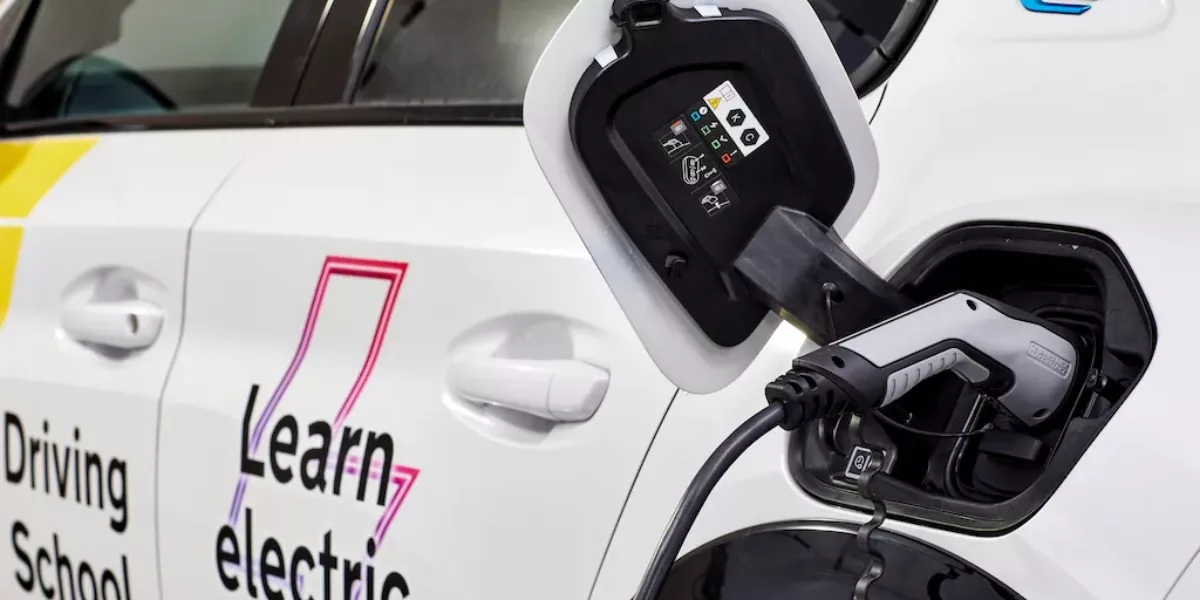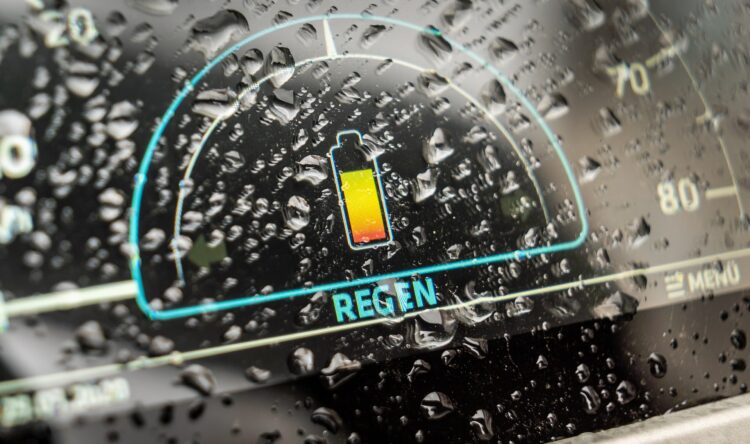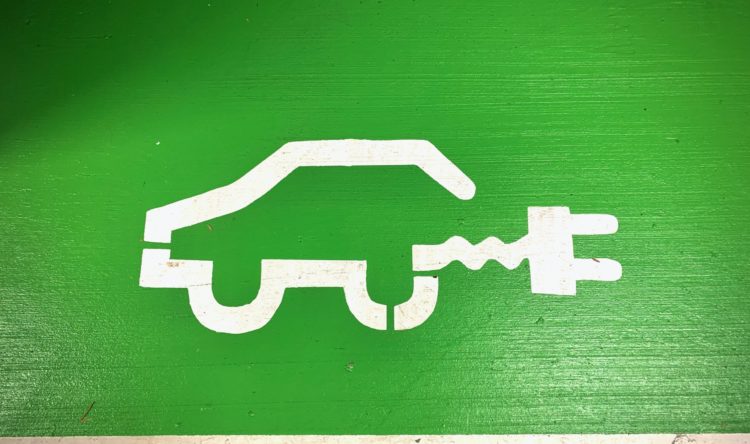Pupils powering up for and electric future
AA Driving School reveals the conclusions of their first year with EVs
Learner drivers are showing the way ahead when it comes to the future on the roads.
The drive to learning in automatics and electric vehicles (EVs) is growing ahead of the ban on petrol and diesel engined vehicles by 2030 in the UK.
With the publishing of the UN’s “Climate Change 2023: Synthesis Report” this week, the latest figures on learners and EVs goes some way to reveal the changing attitudes amongst the younger generations.
While driving instructors and their pupils are leading the way with the switch to electric vehicles, the infrastructure is still challenging and could hamper progress.
That’s the view of AA Driving School who who offer EV lessons.
The tide is turning
In the first year since electric vehicles have been available to its franchised driving instructors, around 49,000 hours of lessons have been given in EVs to around 3,300 pupils by the AA’s driving instructors.
Feedback from EV driving instructors reveals the top two struggles faced when adapting to an EV. These are managing the range with lesson schedules and finding suitable public charging posts.
The views echo the complaints by EV owners, though it is acknowledged that the range of the latest models has improved dramatically. Alongside this, government and private investment in charging stations is creating a much more positive picture.
Plugging in
There are plenty of positives with EVs. According to ADIs and their pupils, these include a smoother, quieter ride as well as huge cost savings and positive and exciting experience for pupils.
This increasing acceptance of electric vehicles among learner drivers is reflected in the growing proportion of learners who pass their test in an automatic vehicle. EVs do not have manual transmission, and general only have forward and reverse drive settings. It means learning in an automatic transmission car is perfect preparation for getting behind the wheel of an EV.
DVSA pass rate statistics show people passing their test in an automatic accounted for 13% of new drivers in 2021/22, compared to 5% 10 years ago.
Powering up
“Our instructors have shown they want to make the switch to electric,” says Camilla Benitz, AA Driving School Managing director. In turn, this will “help the next generation of drivers feel confident leaving combustion engines in the past.
“Overall, the first year of offering electric vehicles to our franchisees has been really positive and many electric instructors say they wouldn’t go back. They enjoy the cars’ smooth, quiet ride and like the fuel savings – both economic and environmental.
“There are challenges to teaching in an electric car though, particularly around whether the charging infrastructure is robust enough, and more needs to be done to ensure the industry’s progress towards electrification is not hampered.
“A key concern is around ensuring there are enough public charging posts to support instructors who do not have access to off-street parking so cannot install their own private charge points.
Just the start
This is just the beginning of a huge shift in attitudes and vehicle purchasing behaviours,, adds Benitz.
“The car you learn to drive in often leaves a lasting impression, so ensuring electric learners have a good experience is a vital tool in helping alleviate any concerns new drivers have about running an EV.
“We are confident the industry can adapt to the challenges and are planning to significantly expand the range of electric vehicles available to our franchisees this year.”
AA Driving School launched EVs on its fleet last March, choosing the Peugeot e208, Peugeot e2008 and Vauxhall Corsa-e as the perfect tuition vehicles for the electric age.







